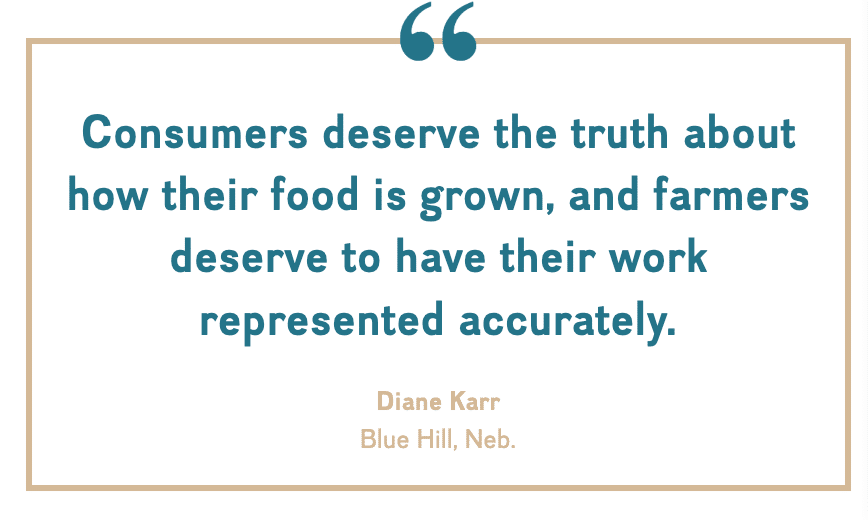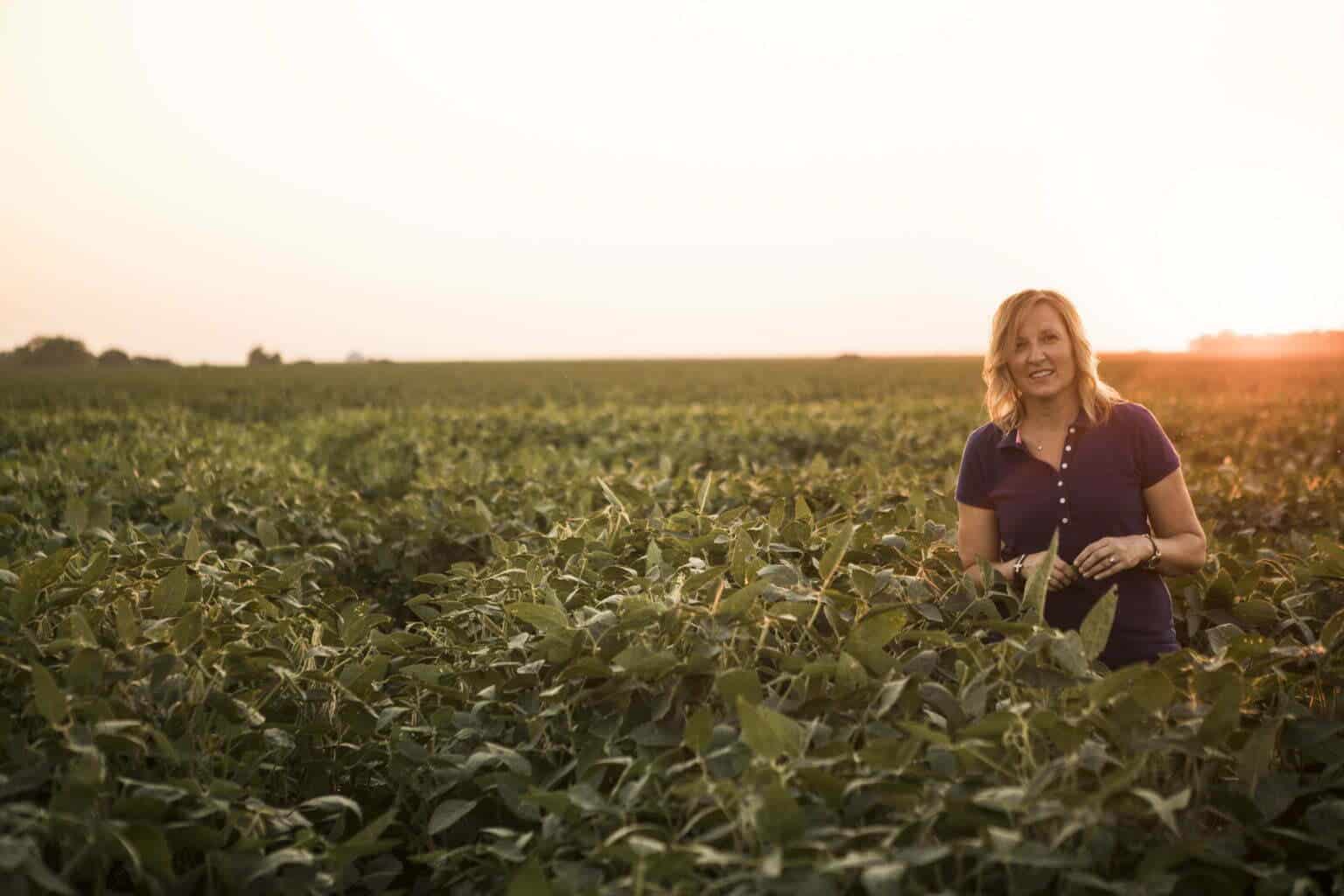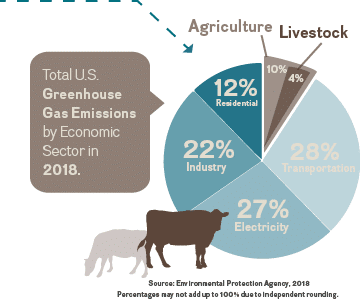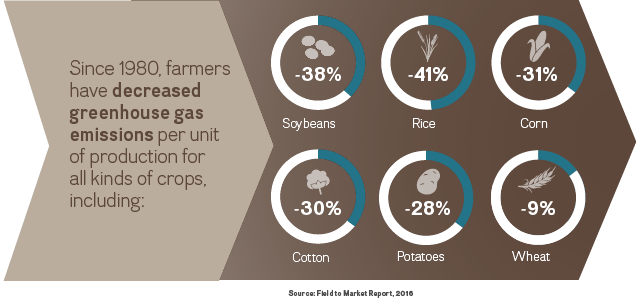Diane: Reducing or eliminating the consumption of meat would have such an immeasurably small effect on overall greenhouse emissions, that there is no reason to include it as a strategy in living sustainably. Based on research by Dr. Frank Mitloehner, a professor and air quality specialist in Cooperative Extension at the University of California, Davis, our efforts would be better focused on other aspects of consumer consumption.









